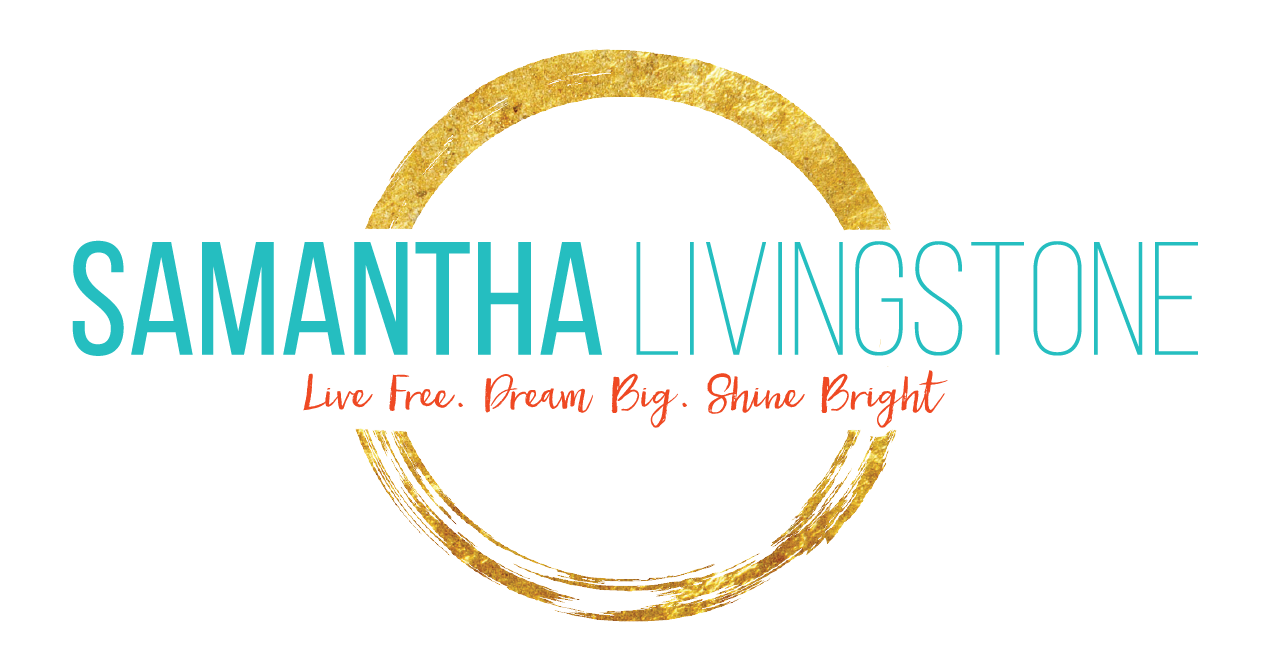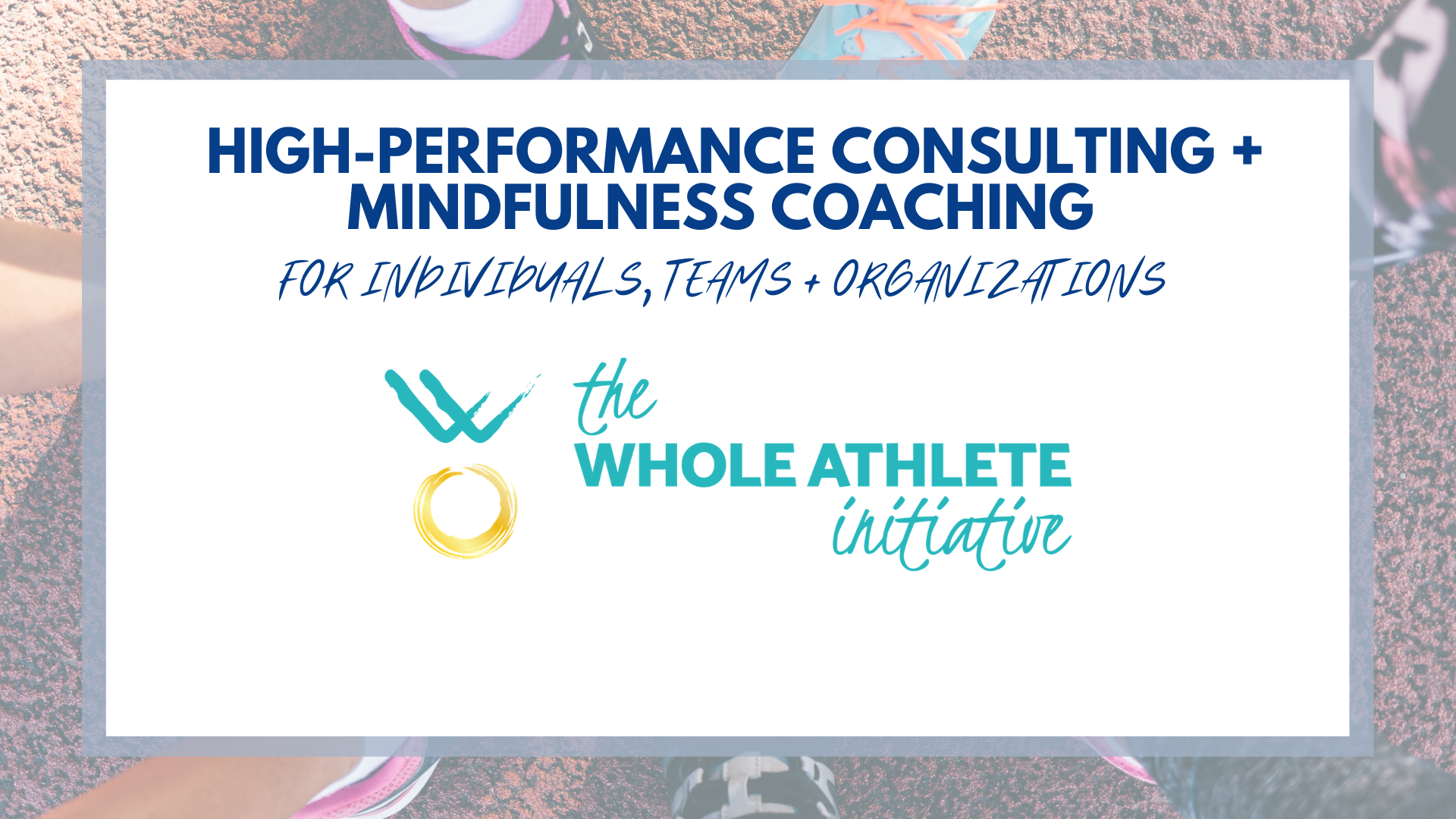Climbing Out of the Comparison Trap
I'll never forget walking into my first national competition at 12 years young. I was pumped to be on a travel trip to sunny Ft. Lauderdale, FL with the Big Kids, and was gloriously oblivious to all the shoulds and supposed tos that would pile on in the years to come.
In the sport of swimming, before the meet begins, psych sheets are released outlining who’s entered in each event. Swimmers are listed in order of time - fastest to slowest - and those rankings determine heat seeding.
When we arrived at the pool to check-in, I watched swimmer after swimmer sift through this thick pad of paper, finding their names, talking about who they were racing against - and crafting stories about what it all meant.
Before the meet even began.
This practice felt odd to me - and I can honestly say that it’s one I never adopted all throughout my career. (It’s a skill set that’s also served me well in all areas of my life - especially as an entrepreneur and business owner.)
I didn’t put my energy into worrying about who I was swimming against or what they were doing / not doing because it simply didn’t matter.
Sure, maybe it mattered in terms of where I’d place, but how fast my competition swam was completely out of my control.
The only race I could control was my own.
If there was important information that impacted my race, I trusted my coaches to share that with me.
My dad - a HOF football player in his day - would always say,
“There’s a reason we play the game.”
Words that rang true in Sydney when our relay ousted in the Aussies in their home pool.
On paper, the Australians had a 2.5 second lead over the United States - an eternity in a sport where hundredths of a second can mean the difference between 1st and 5th.
We won. By how much, I don’t know.
What I do know is that we stayed open to what was possible.
Staying open to all possibilities requires us (humans) to sit with the discomfort of not-knowing without getting hooked into the need for certainty.
Does that mean doubt doesn’t come knocking? Not at all.
ANTs (automatic negative thoughts) come marching - because we’re human.
Our response to those thoughts is where our power lies.
And in fact, 15 minutes before I swam the lead-off leg of that relay, I was releasing all sorts of What-Ifs.
What if my goggles leak? What if they fall off? What if I miss my turn? What if I miss my finish?
Thoughts are simply thoughts.
Just because we think something doesn’t mean it’s true.
When we can learn to lean into the competition and harness the energy (emotion) that rises up inside of us - without buying into the worst case what-iffing or subscribing to the wild, self-defeating storytelling - we can unlock new levels of performance.
When we notice our minds falling into the comparison trap, we have a choice in our next step:
Do we dive deeper or release its grip?
Do we assume our thoughts are truths or reality check the stories we’ve constructed in our minds? About what it all means.
Do we interpret the inner stirring as evidence that we’re stuck / too late / not capable or do we see it as a messenger pointing us in the direction of what we’re wanting?
When we use someone else’s accomplishments as a measuring stick for our success, we stay stuck.
We block ourselves from seeing our own greatness.
To climb out of the comparison trap, we must become aware of the places + spaces we’re falling in.
The first step is awareness - the noticing. Then comes the releasing.
The good news?
Five minutes a day of practicing mindfulness is all it takes to strengthen our neural pathways - and rewire our brains.
Just like mastery of the physical and technical, mastery of our internal world (thinking + feeling) is a result of our decision to take those small, seemingly insignificant actions steps day after day.
We can train and strengthen our self-command muscles to pivot our attention to what we want to focus on.
//
Here’s one for you to try this week:
When you step into the shower - notice the water. Notice the way it feels running over your body. Notice the temperature. Notice when your mind wanders off onto your to-do list. Gently return it back to the sensation of the water on your body. Notice the thoughts popping up, commenting on your ability to do this right and/or questioning what the point of this exercise. Notice and return your attention back to the water.
Our power is in the noticing - because once we notice, we get to choose where we put our attention.
I used to say I couldn’t “do” mindfulness because my mind was too busy.
Here’s the deal - our minds will wander because we’re human. When we notice and return our attention back to what we were focusing on - those are Mental Muscle Reps.
This is the WAI we rise.
Samantha Arsenault Livingstone is an Olympic gold medalist, high-performance consultant, speaker and mental health advocate. In 2016, Samantha founded Livingstone High Performance and the Whole Athlete Initiative (the WAI) in response to the mental health crisis impacting adolescents across the globe. LHP provides pillars of support to organizations, teams and individuals to elevate mental health and improve performance.
In addition to private and group coaching, Samantha consults with teams and organizations on athlete wellness initiatives, leadership, strategic planning, rising skills and developing high-performance cultures. She is a certified instructor of Mental Health First Aid for adults working with youth and a facilitator of Mindful Sports Performance Enhancement.
Samantha and her husband, Rob, live in New England with their four daughters. To learn more about her offerings, go over to www.samanthalivingstone.com.




